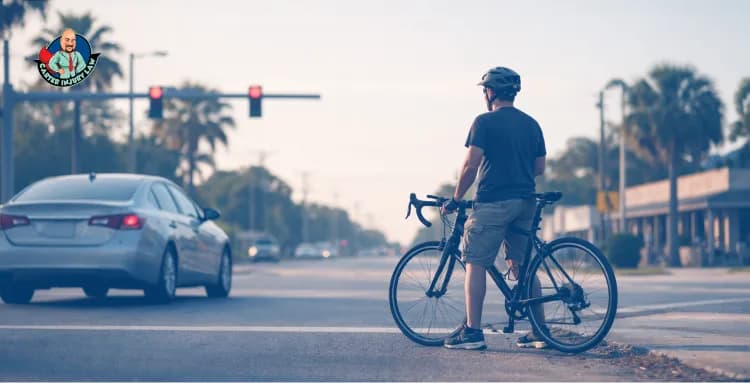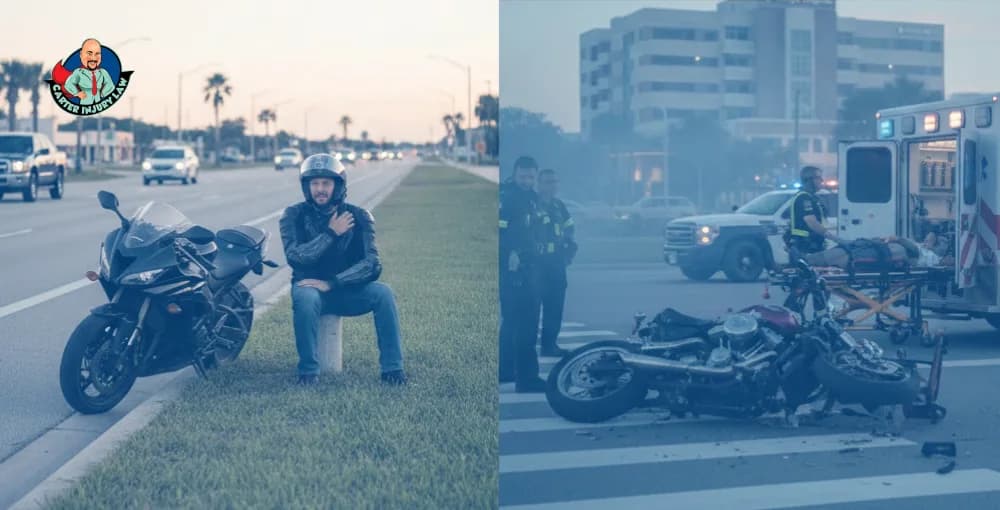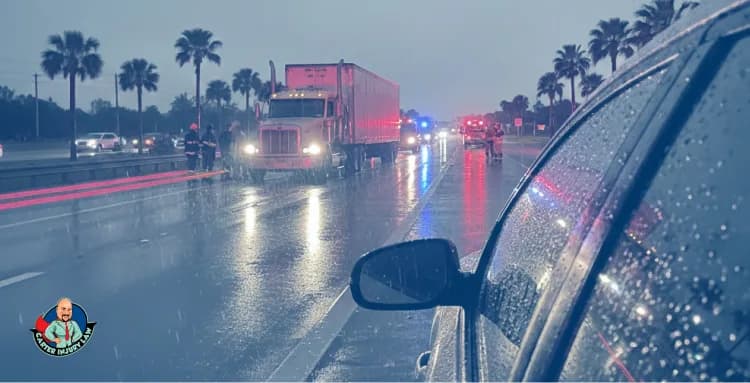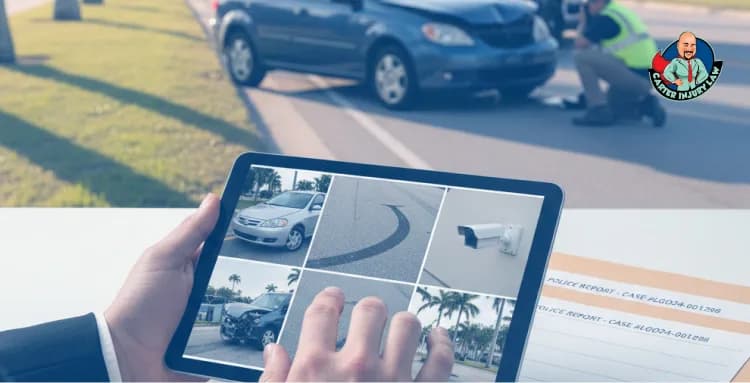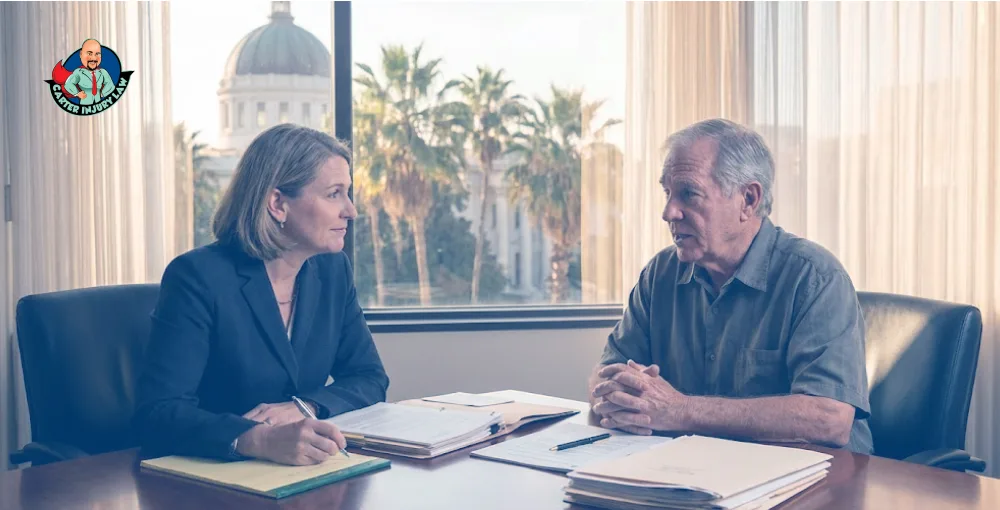A knock on the door in the middle of the night. A phone call you wish you never answered. The news that someone you love was taken in an instant because another person chose to drink and drive.
Grief comes with a silence that feels heavier than words. Families are left not only with the heartbreak of absence but also with questions no one prepared them to ask. What happens now? Who is held accountable? Is there any way to make sense of what feels senseless?
In Florida, the law recognizes two paths after a fatal DUI crash. One seeks to punish the offender. The other asks a harder question, one that many families never realize until they are standing in the middle of it…
1) The Two Sides of Justice After a Fatal DUI Crash
When a family loses someone in a drunk driving accident, the legal system splits the response into two distinct tracks. Both matter, but they serve very different purposes. Understanding the difference can help families make sense of what lies ahead.
(I) The Criminal Case
The state of Florida takes DUI fatalities seriously. A drunk driver who causes a death will often be charged with DUI manslaughter, which is a second-degree felony. That means the offender could face years in prison, steep fines, and a permanent mark on their criminal record. The goal of this process is accountability to society. The government steps in to punish reckless behavior and protect the public from future harm.
However, the criminal case is not about the victim’s family. It does not cover the bills that arrive in the weeks after a funeral. It does not address lost income or emotional pain. It is about punishment, not recovery.
(II) The Civil Case
This is where the second track begins, and it is the part that many families never hear about until they sit down with an attorney. Civil law is about giving families a way to demand justice that is more personal. It is a path created to provide support, not just penalties.
In Florida, a wrongful death claim can be filed against the drunk driver and sometimes against others who played a role, such as the vehicle’s owner or their insurance provider. Unlike the criminal trial, this case is not about jail time. It is about financial accountability and easing the burden of loss.
Families can pursue damages for:
Funeral and burial expenses.
Medical costs related to the accident.
Lost wages and income that the loved one would have provided.
Pain, suffering, and the emotional toll on survivors.
The civil case does not erase grief, but it gives families a tool to rebuild. It is about ensuring that the burden does not fall entirely on the shoulders of those already hurting.
And yet, even within this framework, many families wonder who is allowed to take action and what rights they actually have. That is where the next part of the journey begins… Hearing directly from an expert can make a difference. David Carter from Carter Injury Law explains, in his own words, what families need to know after a fatal DUI crash in Florida. Watch the short video below
2) Who Can Stand Up for Justice?
When a life is lost because of a drunk driver, the criminal trial is not the only avenue for justice. Florida law opens the door for families to take civil action, and this step can be just as important as the courtroom verdict.
Who can file a wrongful death claim? Florida allows certain family members to step forward:
A surviving spouse.
Children, no matter their age.
Parents, when a child is lost.
The personal representative of the estate.
The purpose is accountability. A wrongful death claim forces those responsible, whether it is the driver, their insurance company, or even the person who lent them the car, to face the consequences in a different way.
The CDC reports that about one in three traffic deaths in the United States involves a drunk driver. Behind every statistic is a family forced to navigate bills, grief, and unanswered questions. Wrongful death claims exist to ease that weight.
It is not an easy choice to make. But understanding how these claims work is often the first step toward regaining control. And that leads to the next question families ask most often...
3) What Can Compensation Really Do?
No amount of money can bring someone back. Families know this before they ever step into a lawyer’s office. But what financial recovery can do is soften the blow of the costs that appear almost immediately after a fatal crash.
Here are some of the most common forms of compensation available in Florida wrongful death cases:
Funeral and burial expenses that can overwhelm a family within days.
Lost income that a spouse, parent, or child relied on to keep life steady.
Medical bills tied to emergency care before the loss.
Emotional pain and suffering, a category that recognizes the weight carried by those left behind.
A wrongful death claim is not meant to put a dollar value on a person’s life. It exists to ensure families are not left struggling under the financial aftershocks of a tragedy.
Every case is different, and the scope of compensation depends on the unique circumstances of the family and the crash. Which leads directly to the questions most families ask when they first reach out...
4) The Questions Families Ask First
When families walk into our office, they rarely come with legal documents. They come with questions. Here are the ones we hear most often.
(Q1) Can we file a civil claim if the driver already faces criminal charges?
Yes. The civil case is separate. You can move forward even if the criminal trial is still ongoing or if the driver is found not guilty.
(Q2) What if the drunk driver has little or no insurance?
There are options. We may pursue the driver’s personal assets or look to uninsured motorist coverage under your loved one’s policy. Every case requires digging to uncover all potential sources of compensation.
(Q3) Is filing a wrongful death claim complicated?
It's not always easy, but families do not shoulder the burden alone. We handle the legal process while you focus on grieving and healing.
The questions never stop at three. They unfold as families move through the process, and every answer leads to another layer of understanding. One of the most urgent concerns is timing, and that is where the law in Florida becomes especially clear...
5) Why Time Is a Silent Enemy in Wrongful Death Cases
Grief does not move on a schedule. But the law does. In Florida, families have two years to file a wrongful death claim. At first, that may sound like enough time. In reality, the clock runs faster than most people expect.
Here is why acting early matters:
Evidence fades. Surveillance footage is erased. Phone records disappear.
Memories blur. Witnesses forget details as the months pass.
Paper trails vanish. Insurance files and employment records are not always kept forever.
Every week that passes makes it harder to build a strong case. That is why attorneys push to begin the process quickly, even while the criminal case is unfolding. The sooner the civil side starts, the more leverage families have in pursuing justice.
And for families, there is one more piece of relief that comes with moving forward. You do not have to wrestle with the paperwork or the legal maze yourself. That is where the role of Carter Injury Law becomes essential…
6) They Took a Loved One, We Take the Burden
The legal system is built on rules, deadlines, and documents. Families in mourning should not have to face that weight alone. At Carter Injury Law, our role is to carry it for you.
Here is what that looks like in practice:
We handle the paperwork, filings, and negotiations.
We explain each step in clear, simple language.
We investigate every possible source of compensation.
We stand by you in court if the case goes that far.
For families, this means more time to focus on what matters most, being together, remembering, and healing.
Every case starts with a conversation. There is no pressure, and there is no fee unless we win. It is a chance to ask questions, hear options, and decide what path is right for you.
Losing a loved one in a drunk driving crash changes everything. But with the right guidance, it does not have to leave your family without answers or support. Carter Injury Law is here to make sure of that.



